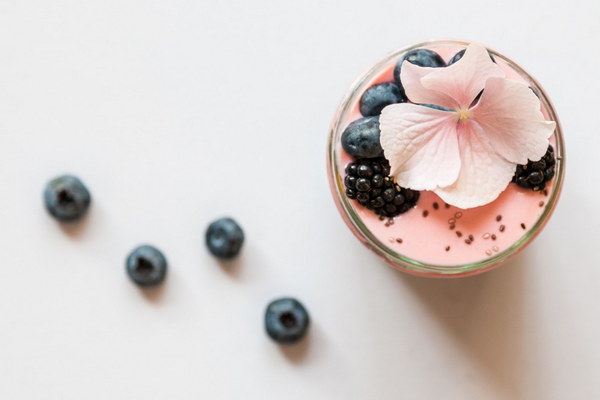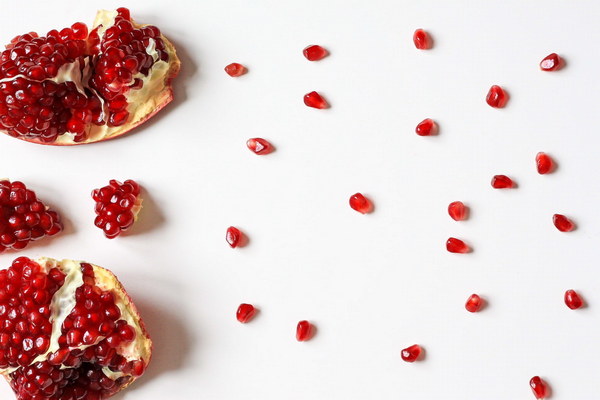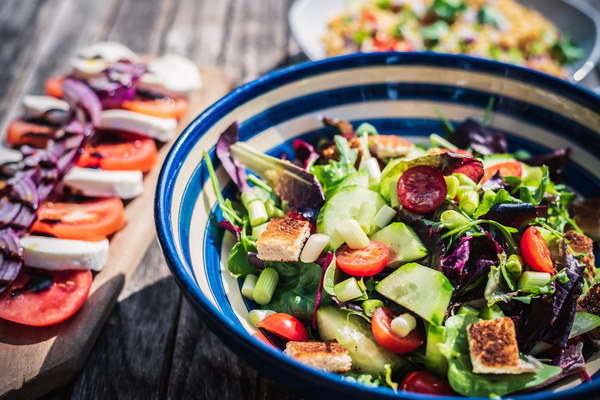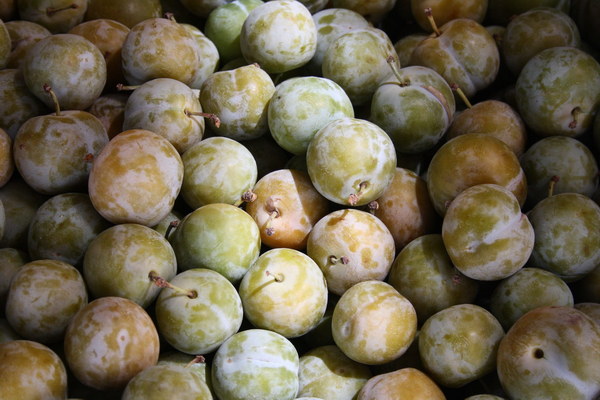Natural Remedies to Banish Cold and Dampness A Guide to Traditional Chinese Herbs and Foods
In the chilly and damp seasons, many people find themselves battling with cold and dampness, which can manifest as a runny nose, sore throat, fatigue, and even joint pain. While modern medicine offers various treatments, traditional Chinese medicine (TCM) has been used for centuries to alleviate these symptoms. This article explores natural remedies that can help banish cold and dampness using traditional Chinese herbs and foods.
1. Traditional Chinese Herbs
Chinese herbs have been used for thousands of years to treat various health conditions, including cold and dampness. Here are some commonly used herbs:
a. Astragalus (Huang Qi): Known for its immune-boosting properties, astragalus can help ward off colds and flu. It is often combined with other herbs to enhance its effectiveness.
b. White Atractylodes (Bai Zhu): This herb is excellent for expelling dampness and improving digestion. It is often used in combination with other herbs to treat conditions like dampness-related stomach pain and diarrhea.
c. Cinnamon (Rou Gui): Cinnamon is a warming herb that can help alleviate cold symptoms and improve circulation. It is often used in combination with other herbs to treat colds and flu.
d. Chinese Skullcap (Huang Qin): This herb has anti-inflammatory and antimicrobial properties, making it effective for treating colds and dampness. It is often used in combination with other herbs to boost the immune system.
2. Foods to Eat
In TCM, the concept of yin and yang plays a crucial role in balancing the body's energy. To combat cold and dampness, it is essential to consume warming foods that can help expel dampness and boost the immune system. Here are some recommended foods:
a. Ginger: Known for its warming properties, ginger can help expel cold and dampness. It can be consumed as a tea, added to meals, or used in various recipes.
b. Garlic: Garlic has antimicrobial properties and can help ward off colds and flu. It is best consumed raw or lightly cooked.
c. Onions: Similar to ginger and garlic, onions have warming properties and can help expel cold and dampness. They can be added to soups, stews, or used in stir-fries.
d. Brown rice: Brown rice is a warming grain that can help expel dampness and improve digestion. It is a great alternative to white rice during the cold and damp seasons.
3. Lifestyle Tips
In addition to herbs and foods, adopting certain lifestyle habits can help alleviate cold and dampness:
a. Stay warm: Dress in warm, layered clothing to keep your body temperature stable. Avoid damp and cold environments as much as possible.

b. Exercise regularly: Regular exercise can help boost your immune system and improve circulation. Choose activities that are not too strenuous and can be done indoors, such as yoga or tai chi.
c. Get plenty of rest: Adequate sleep is essential for a strong immune system. Ensure you get enough rest and manage stress levels to support your body's healing process.
In conclusion, cold and dampness can be challenging to deal with during the colder months. By incorporating traditional Chinese herbs and foods into your diet, as well as adopting a healthy lifestyle, you can help banish these symptoms and maintain a balanced body. Remember to consult with a healthcare professional before starting any new treatment or dietary changes.









